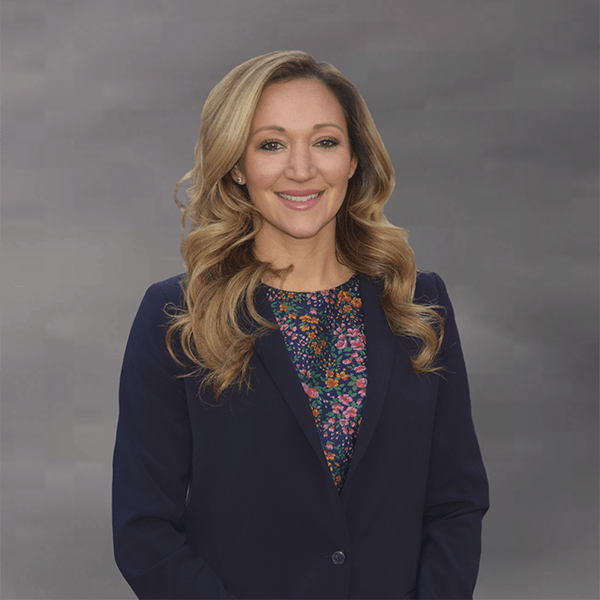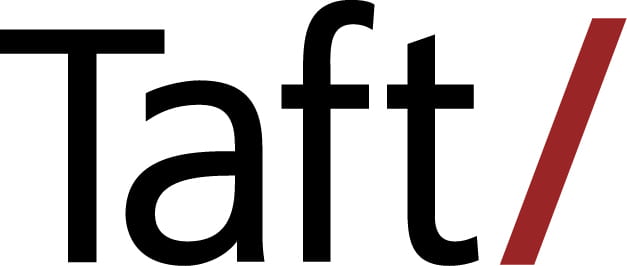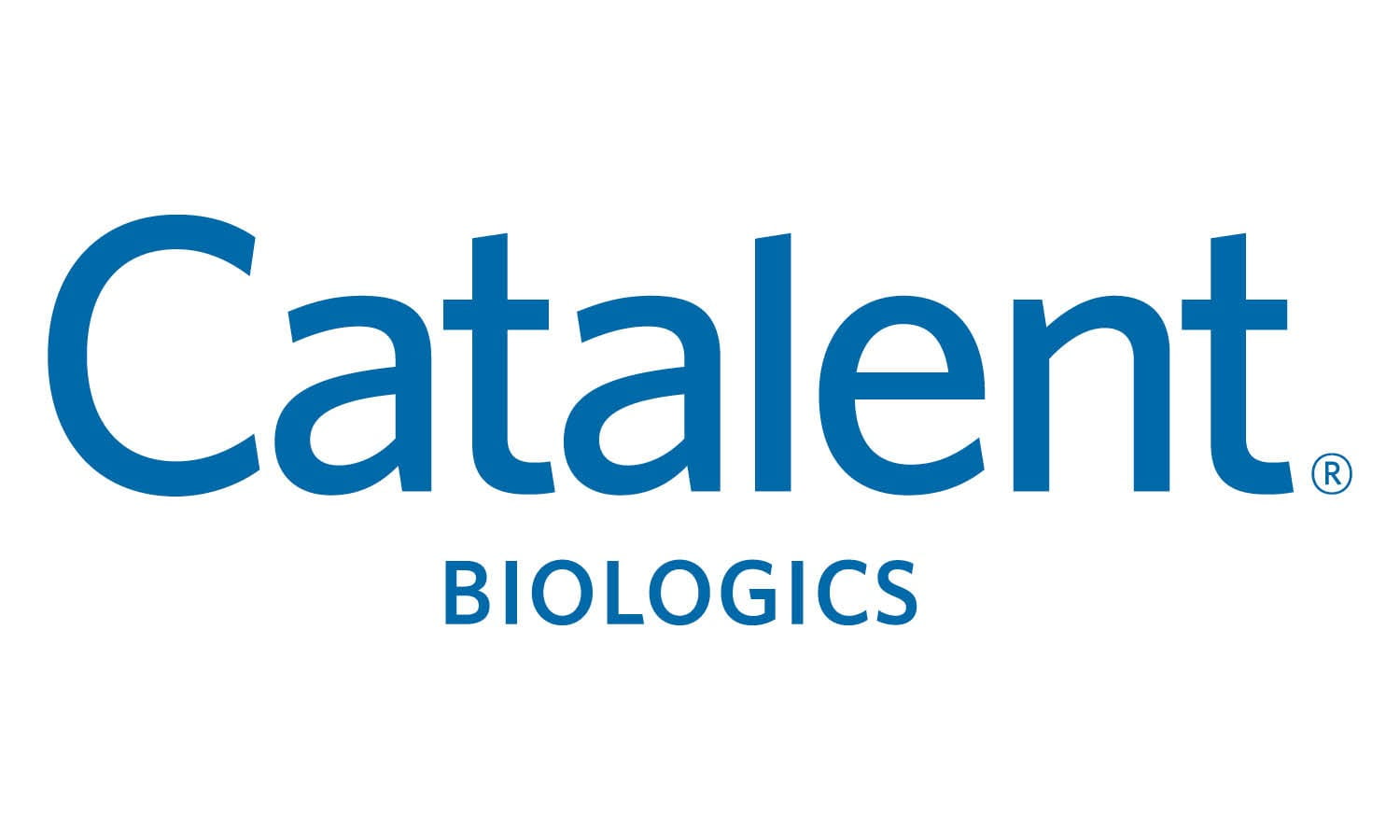Summary By Mitchell McBrairty
MBA, Class of 2021
At the beginning of March 2020, when Covid-19 first made its way into Indiana, there was an incredibly complex network of people working to react to the pandemic. Despite preparation, there were new andurgent challenges across every sector of healthcare, including treating patients with a novel disease, scaling manufacturing and testing services, other health concerns from isolation, and many more. Now fourteen months later, it is incredible to reflect on the advancements that have occurred in reaction to these challenges and how they will change our responses to pandemics forever. The Indiana University Center for Business in Life Science hosted the conference Lessons Learned from the Pandemic to learn more about these advancements from guests that played a pivotal role in our Covid-19 response.

Lindsay Weaver, MD, FACEP, Chief Medical Officer, Indiana State Department of Health
The keynote speaker was Lindsay Weaver, Chief Medical Officer for the Indiana Department of Health. She joined just one month prior to the beginning of the spread of covid-19 into Indiana, and probably never could have guessed what was coming next. During the first wave of covid-19 patients they were still trying to understand the symptoms, how it spreads, and what is the best course of care as they focused on patients. They also had to deal with shortages in PPE and testing services. To react to these challenges, they realized that they needed to operate with creativity, flexibility, and improved communication while always keeping the needs of the patients first.
Nearly a year later, the Indiana Department of Health is now dealing with new challenges in securing and distributing the vaccine to its citizens. Currently, over 70% of the population over 60 now vaccinated, which is great progress for this vulnerable population. However, they still are working diligently to get access to the vaccine to smaller distribution sites and to educate the younger population to further reduce the cases in this age group.
View Keynote Presentation: A Pandemic of Surprises?
The next session consisted of a panel of six guests from the following companies:





Moderator: Neal Roach, Technology Services Industry Chair, Taft Stettinius & Hollister LLP
Chris Otto, Senior Director, Clinical Laboratory Sciences, Eli Lilly and Company
Erica Anderson, Population Health Strategy Lead, Office of Population Health, Humana
Grant Echols, Catalent Biologics
Chris Kiple, Former CEO, Ventec Life Systems
Rusty Ring, Vice President Government Affairs, Roche Diagnostics
View Panel Presentation: Panel – Five Things Going Forward
The lessons learned from each of these different positions within the healthcare industry were fascinating. As Eli Lilly partnered with the state of Indiana to expand clinical testing for Covid-19, they had to completely rethink their process for how they could both transition their existing space to be ready for testing and how to gear up for rapid expansion. They solved this challenge by focusing on automation: they had at least one robot in each step of the process to build a robust and repeatable process. This focus on process and automation also freed up their most important resource, the creative minds of their employees, to continue focusing on solving the many other problems the pandemic caused.
Humana had a completely different role in the pandemic, trying to figure out how they could get the same level of care to their patients. They put a focus on improving patient access through telehealth, dealing with food insecurity, and combatting the loneliness that came with social distancing. Ventec life systems made partnerships with GM to help manufacture much-needed ventilators in scale, and Roche Diagnostics was able to work with the government to bring important new diagnostics and testing services to the market.
“Ramping up during a pandemic is akin to building a plane while you are flying it”. I think this quote from Catalent’s Grant Echols perfectly summarizes the environment of all these different teams each working on different challenges of the Covid-19 pandemic. But to keep that plane flying you must focus on the critical components first and prioritize accordingly. This also leads to a rapid learning process, and the lessons learned from this pandemic have fundamentally changed the way the healthcare industry will operate in the future.
About the Indiana Life Sciences Collaboration Conference Series:
Since 2006, the Center for the Business of Life Sciences (CBLS) has provided a forum for various players in healthcare and life sciences to consider, discuss, and debate key business strategy issues. In presenting the Indiana Life Sciences Collaboration Conference Series, CBLS brings together key players from industry, academia, government, and economic development communities to share ideas and expertise. To learn more about the Kelley School’s Center for the Business of Life Sciences and its educational programs and events for working professionals and students click here
Leave a Reply